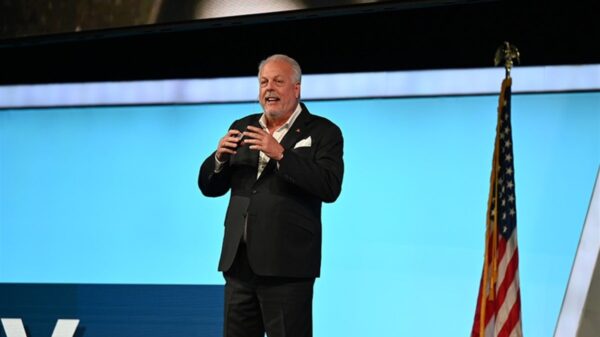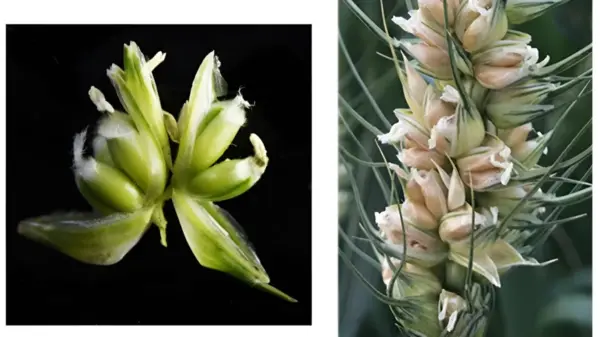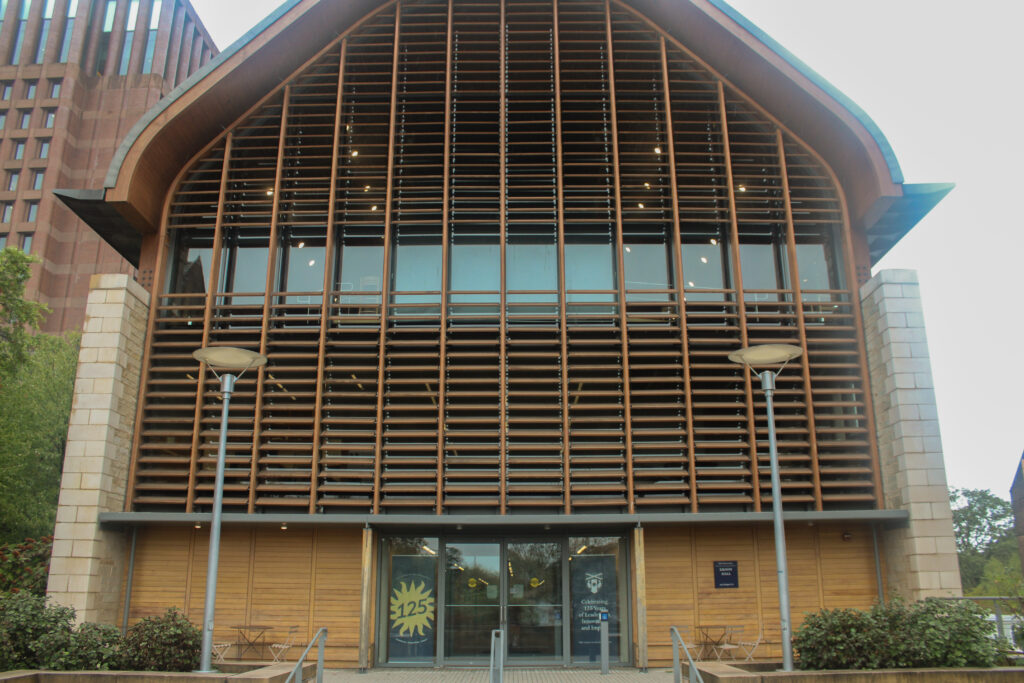Starting in August 2024, the Yale School of the Environment will launch two new one-year degree programs: the Executive Master of Environmental Management (EMEM) and the Executive Master of Forestry (EMF). These accelerated programs cater specifically to seasoned professionals, aiming to enrich their skills and knowledge in environmental management and forestry.
The School of the Environment’s Dean, Indy Burke, highlighted that while traditional two-year programs provide exceptional educational experiences for early-career individuals, the new executive master’s programs are designed for senior leaders and mid-career professionals seeking a more personalized and immersive experience.
Reviving a Legacy
The concept of a one-year master’s program is not entirely new at Yale. According to Mark Ashton, the director of Yale Forests and senior associate dean for The Forest School, the EMEM and EMF programs are a revival of the School’s earlier one-year Master’s programs that were once offered under the same names as the current two-year programs.
Graduates like Agustín Carbó, who participated in the mid-career residential program during the 2011-12 academic year, attest to the program’s impact. Carbó, who later joined the Environmental Protection Agency and served as the inaugural chairman of the Puerto Rico Energy Bureau, described his experience as transformative. In his words, “This was an amazing experience… Like my advisor, Prof. Brad Gentry, told me, ‘This is like a candy store.’”
Carbó emphasized the program’s ability to provide a holistic perspective on pressing environmental issues, which he applied while serving as executive director of the Puerto Rico Solid Waste Authority. He noted, “There, I was able to have a more integrated approach connecting areas like climate change to resolve important issues of waste management.”
Program Requirements and Structure
The new executive programs will require candidates to have substantial experience in the environmental sector. For instance, the EMF program mandates that applicants possess a degree in forestry, natural resources, or a related field, alongside a minimum of ten years of relevant work experience.
Ashton remarked on the challenges faced by professionals in staying updated with rapid advancements in environmental science and management. He stated, “Once you are in a job and in the daily routine of work, it is very difficult to take time out and catch up on the tremendous advances in knowledge… having a one-year period of immersion can be a very refreshing and restoring experience that can advance someone’s career in new ways.”
The fully residential nature of the programs also presents a unique opportunity for students to engage deeply with the Yale community, spending an entire year on campus.
Enhancing Intellectual Discourse
According to Kenneth Gillingham, the School of the Environment’s senior associate dean of academic affairs, bringing experienced environmental leaders into the program is expected to enrich the intellectual environment at Yale. He noted, “There has long been an interest in bringing in a small number of mid-career environmental leaders to the Yale School of the Environment, as they add greatly to intellectual discourse and provide keen insights to help our existing master’s students learn about career opportunities.”
Founded in 1900 as the Yale Forest School, the School of the Environment continues to evolve, adapting its programs to meet the needs of current and future environmental professionals. The introduction of the EMEM and EMF programs marks a significant step in this ongoing mission, providing seasoned leaders with the tools needed to address complex environmental challenges.
As interest grows in these new offerings, the School of the Environment stands poised to attract a diverse cohort of experienced professionals eager to expand their knowledge and impact in the field.


































































